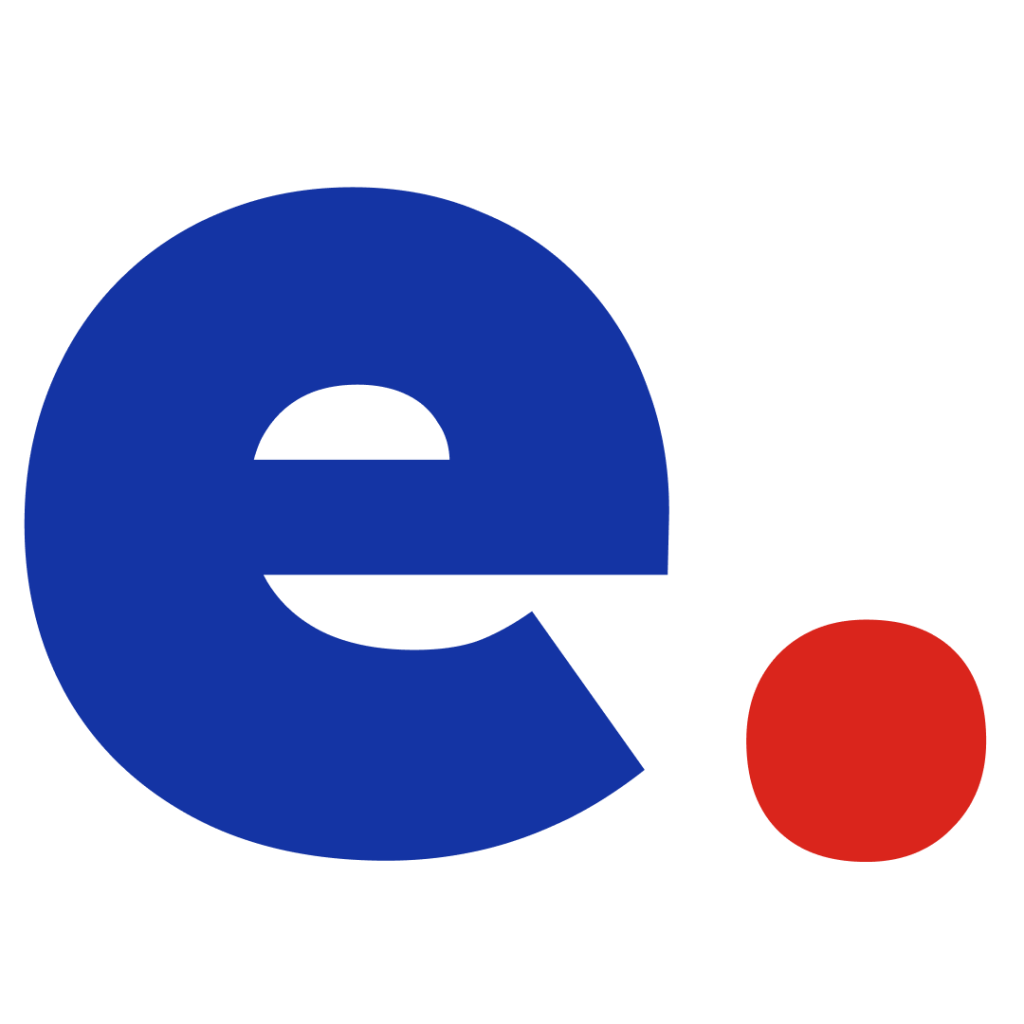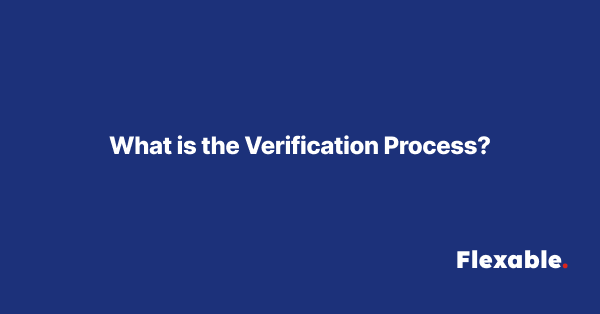In the freelancing industry, trust and authenticity are paramount. The verification process plays a critical role in establishing a secure and transparent environment for both freelancers and clients. This process ensures that individuals and businesses using freelancing platforms are genuine, qualified, and trustworthy, reducing the risk of fraud, misrepresentation, or scams.
Freelancing platforms implement verification processes to protect users and maintain the integrity of their ecosystems. From identity verification to skill validation, these steps ensure that both parties can engage in productive collaborations with confidence.
This article explores the verification process, how it works, and its significance for freelancers, clients, and freelancing platforms.
What Is the Verification Process?
The verification process is a set of measures freelancing platforms use to confirm the identity, credentials, and qualifications of users. This process typically applies to freelancers signing up to offer their services and clients who want to hire professionals.
Key Elements of the Verification Process:
- Identity Verification: Confirming a user’s identity through official documents, photos, or video calls.
- Payment Verification: Ensuring that clients have valid payment methods and freelancers can securely withdraw funds.
- Skill Verification: Validating a freelancer’s qualifications, certifications, or portfolio to ensure they have the expertise they claim.
- Profile Verification: Platforms may check if a user’s profile is complete, accurate, and not plagiarized.
By implementing these steps, platforms aim to create a secure, professional environment that fosters trust among users.
How the Verification Process Works
The specifics of the verification process vary across freelancing platforms, but the general steps are as follows:
1. Identity Verification
- Submission of Documents: Users are often required to upload government-issued identification (e.g., passport, driver’s license) to verify their identity.
- Selfie or Video Verification: Some platforms, like Upwork, require users to take a selfie or participate in a live video call to confirm their identity matches the provided documents.
2. Payment Verification
- For Clients: Clients must add valid payment methods, such as credit cards or PayPal accounts, to ensure they can pay freelancers. Platforms may place small temporary charges to verify the account.
- For Freelancers: Freelancers are typically asked to link their bank accounts or e-wallets for secure withdrawals.
3. Skill and Credential Verification
- Certification Uploads: Freelancers may be required to upload relevant certificates, degrees, or training documents.
- Skill Tests: Some platforms offer or mandate skill assessments to validate a freelancer’s expertise in specific areas (e.g., coding, writing, or design).
- Portfolio Reviews: Freelancers may be asked to provide samples of past work for review by platform moderators.
4. Badge or Status Assignment
Once verified, users often receive a badge or indicator on their profiles (e.g., “Verified Freelancer” or “Payment Verified Client”). These badges boost credibility and visibility, making users more likely to be hired or trusted.
Why Is the Verification Process Important?
The verification process offers numerous benefits for freelancers, clients, and freelancing platforms alike.
1. Builds Trust and Credibility
Verified profiles signal that users are legitimate and reliable, fostering confidence among freelancers and clients.
- For Freelancers: Verification shows potential clients that they are working with a professional who takes their craft seriously.
- For Clients: Freelancers are more likely to trust verified clients with their time and expertise.
2. Reduces Fraud and Scams
Verification minimizes the risk of fraudulent activities, such as fake profiles, non-payment by clients, or misrepresentation of skills by freelancers.
3. Improves Quality of Work
Platforms with rigorous skill verification processes ensure that freelancers possess the necessary expertise, resulting in higher-quality deliverables for clients.
4. Enhances Platform Integrity
A robust verification process helps freelancing platforms maintain their reputation as secure and professional marketplaces, attracting more users.
Challenges in the Verification Process
While the verification process has clear benefits, it can also present challenges:
- Time-Consuming: The process can take several days, especially if manual reviews or additional documentation is required.
- Privacy Concerns: Some users may hesitate to share sensitive personal information, such as ID documents or financial details.
- Rejections and Errors: Users may face rejections due to incomplete submissions, document mismatches, or technical errors, delaying their ability to start working.
Tips for Navigating the Verification Process
For Freelancers:
- Prepare Documents in Advance: Have your ID, certificates, and portfolio ready to expedite the process.
- Be Accurate and Transparent: Ensure your profile and submissions reflect your true skills and qualifications.
- Follow Guidelines: Adhere to the platform’s instructions for submitting documents and completing verification steps.
For Clients:
- Verify Payment Methods Early: Add and confirm your payment method when creating an account to avoid delays in hiring.
- Provide Clear Information: Ensure your business details and project descriptions are accurate to build trust with freelancers.
Conclusion
The verification process is a cornerstone of freelancing platforms, ensuring that users can engage with confidence, trust, and security. By confirming the identity, credentials, and payment validity of freelancers and clients, this process reduces risks and fosters a transparent, professional ecosystem.
While the process may take time and require effort, the long-term benefits such as increased credibility, better work quality, and stronger relationships make it a worthwhile investment for everyone involved. Whether you’re a freelancer or a client, understanding and embracing the verification process is key to thriving in the freelancing marketplace.

